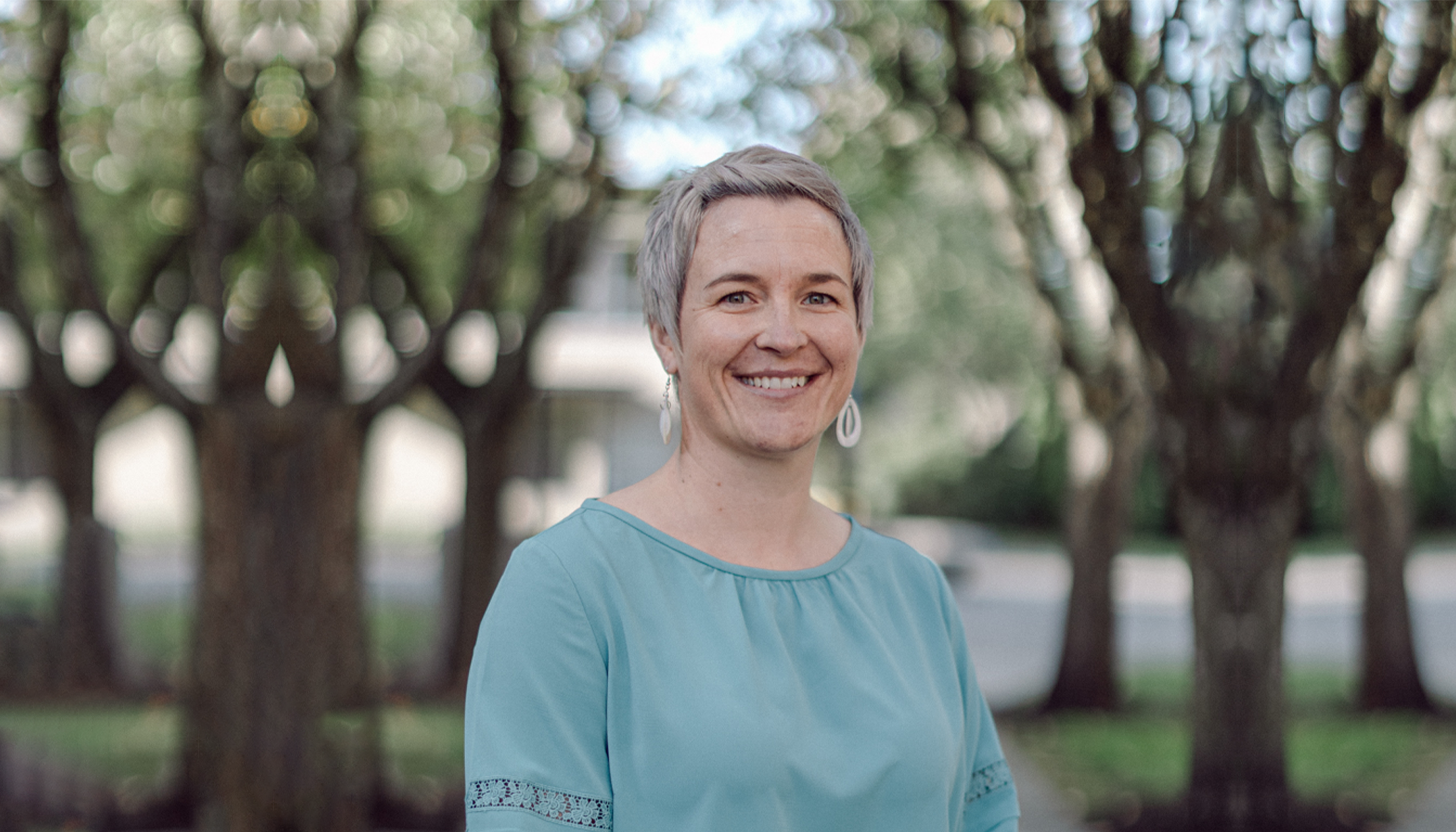
The Pursuit of Healing
by Kelly Ens, Executive Assistant to the President
“I will lead blind Israel down a new path, guiding them along an unfamiliar way. I will brighten the darkness before them and smooth out the road ahead of them. Yes, I will indeed do these things; I will not forsake them.” – Isaiah 42:16 (NLT)
Around a year ago, I experienced circumstances that left me feeling hurt, angry, confused, and disoriented. For most of my life, I have shoved my emotions aside, with the misconception that I was strong and unaffected by difficulty and pain. Thankfully in my learning and growing, I’ve given myself permission to grieve this loss and the accompanying pain. Grief has no end date, no map that can be programmed into one’s personal GPS, no formula or ‘one size fits all’ methodology. The temptation to reprimand myself for not being farther along, let alone over it, is like playing fetch with a dog and a stick: throw it far enough away, but the dog keeps bringing it back.
At long last, I’m sensing a shift within me – not because I’ve done something to move things along or to change my perspective, but simply because God knows the timing is right and I am willing. Although I’ve told myself all along that I’m willing, the real motivation was to get myself out of the discomfort of grief and anger. Now there’s a willingness to engage the hard work and walk through what needs to be processed. I am not fooled – I know this will not be easy, but God will not forsake me on this path, although it feels unfamiliar and dark.
I’ve wrestled with many questions and feelings through this situation and finally took the opportunity with my counselor to sort through all the words that came to mind when I thought about the healing process. Although I feel vulnerable doing so, here are the words that I’ve identified with healing and how I define or understand them, in brief; I hope they resonate with others.
Healing – Returning to a state of rest/wholeness. We can measure healing by using the analogy of a wound and scar. When we are first wounded, it is raw, painful, bloody. As the wound begins to heal, it scabs over but can still crack and bleed upon contact or movement. In the next stage, the wound heals but may still be tender to the touch. Finally, the wound heals, but the scar remains as evidence of what has occurred. However, it no longer bleeds or induces pain at the touch.
Vengeance – Retaliation, payback, retribution. When we are wronged or hurt, it’s common to feel like vengeance is due with a sort of “they must pay” mentality. Here’s the thing: we are reminded in Deuteronomy 32:35, “I will take revenge; I will pay them back.” These are God’s words! Vengeance is His responsibility and not ours, as human vengeance takes pleasure in the antagonist suffering for what they did. While it takes effort to leave that in God’s hands, that is where it belongs.
Justice – In the words of Walter Bruggeman, “Justice is to sort out what belongs to whom, and return it to them.” It is not a sanctified smokescreen for carrying out vengeance. It’s also not a hands-off approach that declares it entirely up to God. When we see or encounter injustice, we are called towards justice which enacts love that is strong, decisive, and changes things.
Mercy – The choice to withhold punishment that is due to someone based on their actions. It’s important to recognize the difference between mercy and grace: grace extends what is not deserved, whereas mercy withholds what is deserved. When we look honestly at even one circumstance in our life in which we have experienced the incredible mercy of God, we are compelled to extend that to the one(s) who has hurt or offended us (Matthew 18:21-35). As we do this, we are reminded again that the Lord is responsible for vengeance.
Letting Go – This is not an attempt to forget an offense; it is a choice to hand it over to God, so that it no longer controls us. We don’t ignore it or pretend it didn’t hurt; we honor our experience, seek the help and support we need to work through it, and trust that God’s handling of it is better than ours. We let go of our control of it and entrust it to God’s control.
Forgiveness – This is closely tied into letting go, and there are many variations of how forgiveness is defined and what it looks like. Some are helpful, some are not. One perspective views it as a debt that requires payment. Instead of demanding the payment back to ourselves, we consider it settled between us, and transfer that debt to the space between the ‘other’ and Jesus. One day, all things will be reconciled to God through Jesus. God is the ultimate Judge, who dispenses mercy through Christ.
Boundaries – Temporary limits around ourselves in order to function well. As we navigate any relationship, but particularly a difficult one, boundaries are necessary. As author Lysa TerKeurst says, “…boundaries aren’t to shut the other person out but to hold yourself together… Boundaries are for the purpose of healing, not hiding.” Boundaries identify the space in which we can operate in a safe and healthy manner; they recognize and honor our own limits. As we heal, or as relationships change, boundaries can be adjusted in appropriate ways.
Healing is a work of the Holy Spirit in conjunction with our obedience to Him – it’s not one or the other, but both. God is at work, and He invites our involvement – a requisite for wholeness. He does not tell us it will be easy, but as He promised Israel, He promises us that He will never forsake us. He will brighten the darkness, as He leads and guides us. Praise God!





